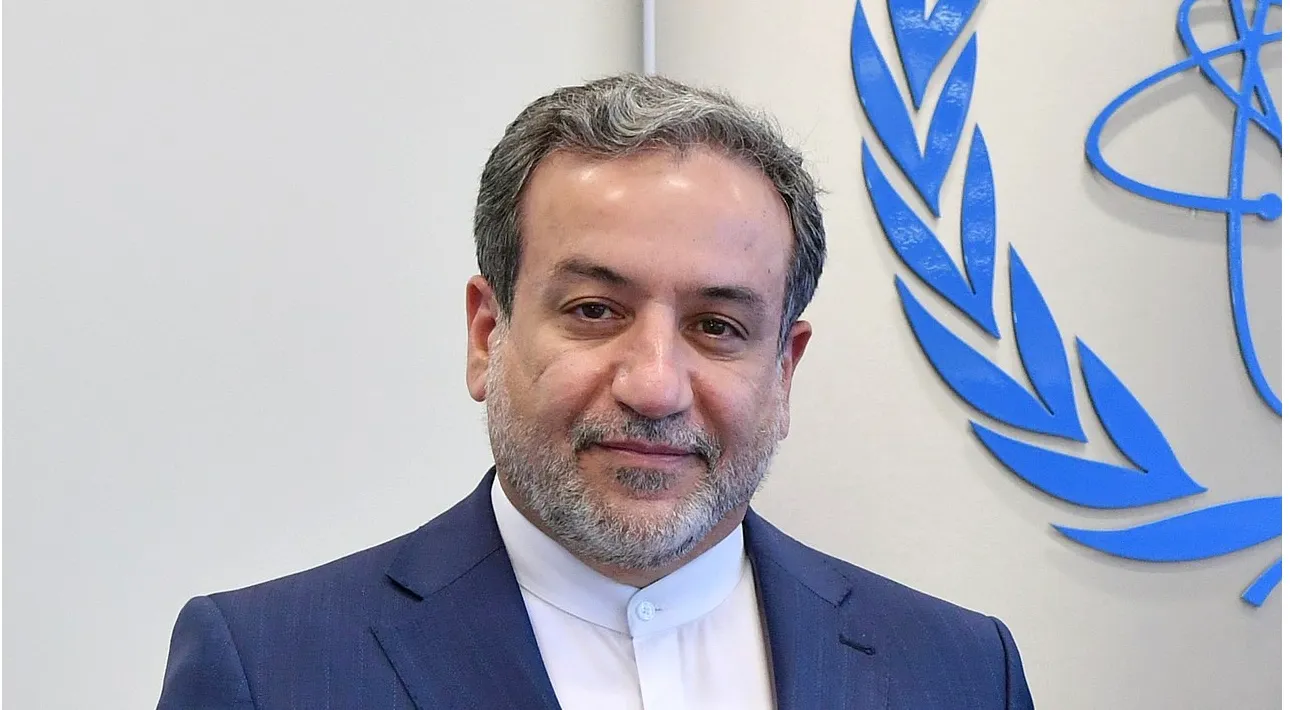Iranian Foreign Minister Abbas Araghchi made a stunning direct offer to the U.S. this week: Let the U.S. participate in constructing civilian nuclear power plants throughout Iran. He stated this after saying that Iran has no intention of building a nuclear weapon. U.S. participation would produce economic benefits and revitalize America’s nuclear industry. His offer comes from the text of a remarkable speech that Araghchi was scheduled to give at the Carnegie Endowment for International Peace on April 21; but special interests—including Israel—forced the speech’s cancellation, which Iran nonetheless posted.
Should “deal-maker” U.S. President Donald Trump to accept the offer, along with other proposals, it would directly change the situation from war with Iran, which could trigger nuclear annihilation, to collaboration in productive development.
In his April 21 speech, Araghchi asserts that Iran “was a founding signator of the NPT [Nuclear Non-Proliferation Treaty] in the 1960s,” and “Iran has long been committed to principles of universal access to peaceful nuclear technology and rejection of atomic weapons. We are also the only country on the planet that officially opposes nuclear arms on moral and religious grounds, through a religious edict by Iran’s Supreme Leader outlawing such weapons.”
He noted that Iran initiated its endeavor with civilian nuclear power “with the assistance of President Eisenhower’s ‘Atoms for Peace’ program.”
Araghchi then unveils his crucial proposal: “Iran has never stood in the way of economic and scientific collaboration with the United States. The obstacle has been previous U.S. administrations, often acting under the influence of the same special interest groups. As I recently made clear in the pages of the Washington Post, the trillion-dollar opportunity that our economy presents may be open to U.S. enterprises. This includes companies which can help us generate clean electricity from non-hydrocarbon sources. Iran currently operates one reactor at the Bushehr Nuclear Power Plant. Our longstanding game plan is to build at least 19 more reactors, meaning that tens of billions of dollars in potential contracts are up for grabs. The Iranian market alone is big enough to revitalize the struggling nuclear industry in the United States.”
As the leader of Iran’s negotiating team with the U.S., it appears that Araghchi is in the position to bring this offer into discussions with the U.S.
Originally, Araghchi’s his Carnegie address was intended to acts as a step in the peace process. But the Carnegie Endowment insisted on changing the format from an address to including a “question and answer period” after his opening remarks. However, Araghchi did not want “questioners” to promote an argument with him or bait him, nor, as he indicated, does he want to be promoted to answer questions about his discussions behind closed doors: “Iran has no intention to negotiate in public,” he asserted.
On April 21, Iran’s Press TV noted: “Citing sources familiar with the matter, Iran Nuances reported that the cancellation on Monday followed an ‘orchestrated pressure’ campaign from ‘Israeli-affiliated hawkish elements’ and officials from administrations of former U.S. presidents Joe Biden and Barack Obama.” These forces pressured the Carnegie Endowment into demanding the addition of the Q&A period, which it was clear Iran could not accept.
Nevertheless, Araghchi’s exciting proposal is on the table.




